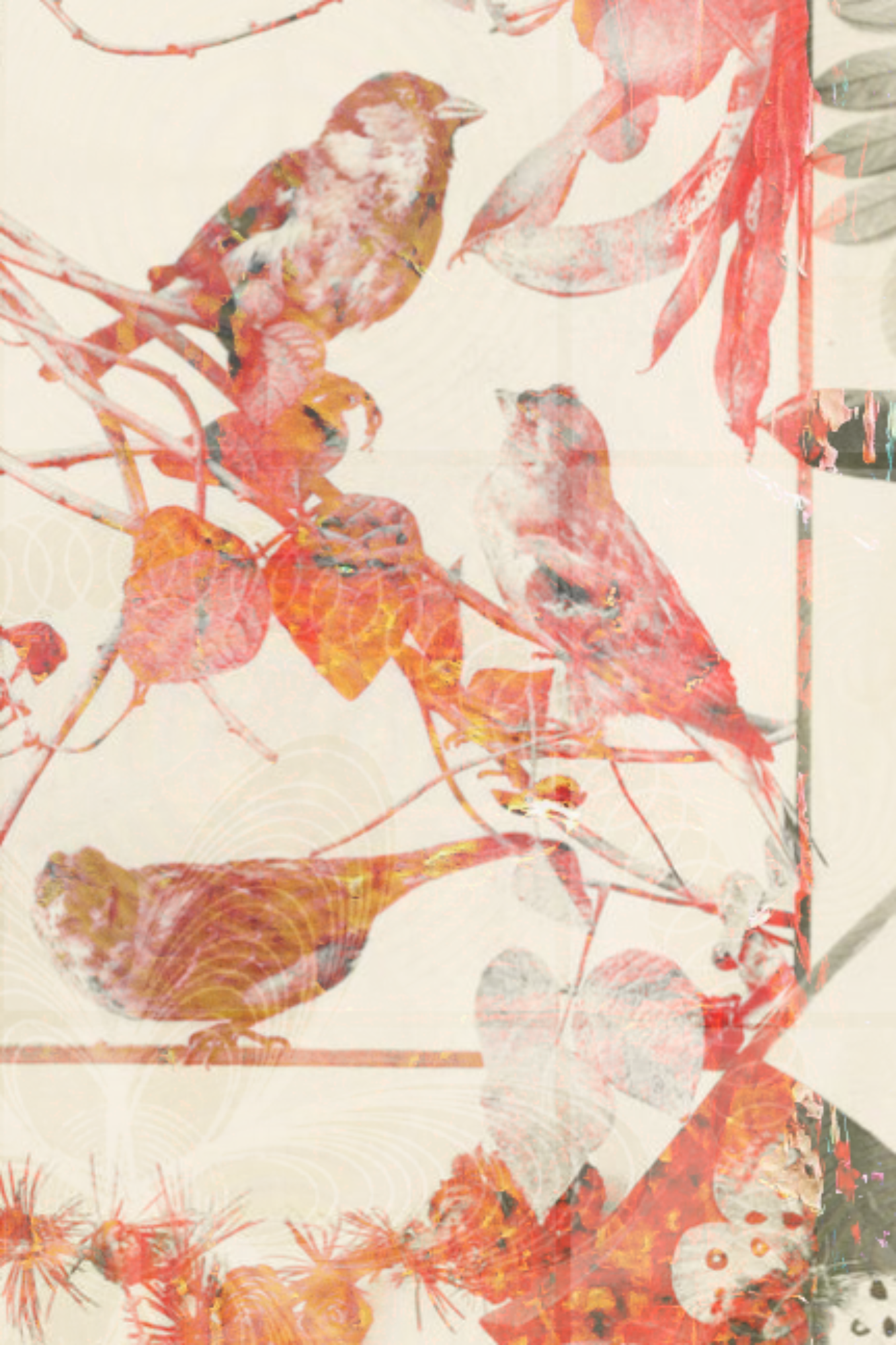The Rat is Myth Unspoken
I startle as the city rat darts gingerly past.
This shrewd, cunning figure; this trickster
imposes her shadow upon the rancid alley
where our waste is her treasure, her relief,
a plentiful bounty to feed her children.
We jump as vermin slither into the concrete void,
threaten to pounce and bite. We say: these crooks!
We say: how dare these burglars lunge toward
our closed doors; how dare these demons haunt
their own neighborhood, the gardens they comb
and pluck beneath the cloak of dusk.
To us, rats are vile; the plague; the spineless nark
selling us out; that ever-present nuisance lurking
in the dank sewers, the urban tunnels underfoot.
Rats are the troublemakers shaking pipes
between cafes and nightclubs, rowhomes
and corner stores, empty food pantries,
basement fridges stocked year round.
Rats are thick-skinned thieves who stash crumbs,
leftovers, our excesses; who collect expired produce
in the damp air pockets between luxury flats
and penthouses, banks, unused office spaces,
the walls parting our fluid and mutual dreams.
A rat is an outcast; the class reject, shunned.
I’ve never met a rat who stole a thing.
Rats strike, organized; they scavenge our streets
for rations of grain, for seeds and tossed scraps
because they are the parents of children starved;
because they labor and build, hunter-gatherers
punished for hunger, for moving with the mischief—
with life’s magnificent unfolding ever outward
and back upon itself, curious and balanced.
The rat is myth unspoken,
a fable cast forward and sideways
about the stories we tell ourselves—
that visceral reflection we learn to fear
and other, recoiling callously.
Rats crack shards in the nightly mirror work
linking our fragile and distant and tightly woven lives.
Exchange and Return
The urban mouse toils overtime
to put scraps and crumbs on the table
and I wonder if her work has meaning,
how she endures double after double,
night shifts, all the sacrifice it takes
so that her offspring might eat—
steered by and ever spinning
the fecund wheel kept whole
and round; always providing
for the progeny, as her mother
and grandmothers once did;
as their kind has long done
and must go on doing.
I would not allow her into my kitchen.
I would not welcome her into my bed.
But she is free to prowl the front yard,
set up camp, reap the rewards I bring
the mice, the insects and soil and city trees—
my partners in compost, our common ritual,
the ancient fine art of exchange and return.
I gift her soured greens, peeled fruits overripe
and rotting; I offer the last two slices of bread
we so often skip over, first unwanted then stale.
Always by the next morning, I see the gifts
are gone, offerings borrowed and given back—
a reminder of the vital bond, linking process
to substance, two vines materially braided
and ever turning. There is no rodent in sight
but I know she lurks near, considering me;
her fellow vermin on guard, at the ready
for another night of honest work
beneath the waxing moon;
of rest and dancing unified
if they are lucky.
I wonder if she watches as I bow.
I wonder if she senses my skin,
warm and rising;
if she can sense my reverence,
what it means or doesn’t mean.
Jimmy O’Hara is a gay writer and editor who crafts science news for a non-profit medical organization. Based on the U.S. east coast, he often focuses his poetry on memory, spirituality, animal rights, social conscience, and a sense of belonging. His works have been published or are forthcoming in Eunoia Review, Literary Veganism, and Rising Phoenix Review. You can reach him at jpohara4@gmail.com.

